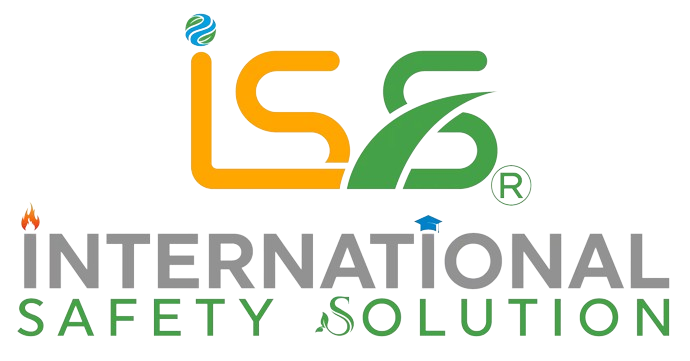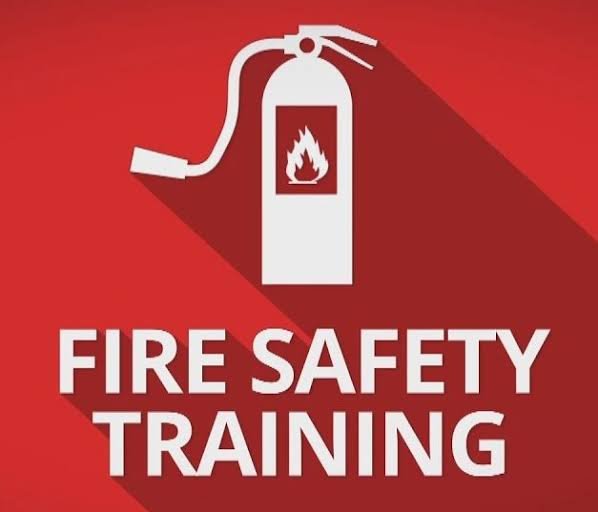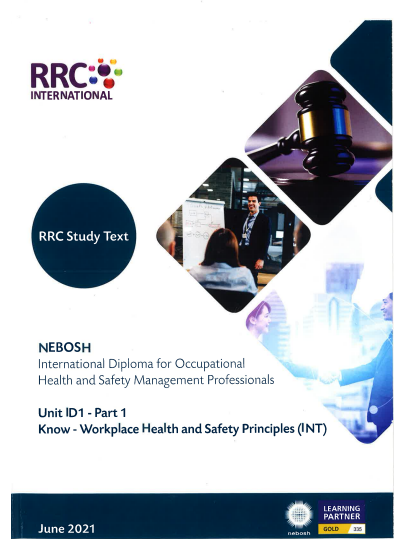Why Air Conditioners Blasts: Detailed Reasons, Precautions & Prevention Tips
Introduction: Air conditioners (ACs) have become a necessity in many homes and offices, especially in regions where summer temperatures soar. While they offer comfort and relief, improper installation, lack of maintenance, or poor-quality equipment can result in dangerous consequences including Air Conditioners blasts. These incidents, although not extremely common, are serious enough to cause fires, injuries, or even fatalities. This blog aims to educate readers about the reasons behind Air Conditioners blasts, precautions to take, and how to effectively prevent such hazards.

1. Reasons Behind AC Blasts
a) Overheating Compressors: The compressor is the heart of the AC unit. When it runs continuously without proper cooling, it can overheat. Prolonged overheating causes pressure build-up, and if the safety mechanisms fail, it can be Air Conditioners blasts.
b) Electrical Short Circuits: One of the leading causes of Air Conditioners blasts is electrical malfunction. Faulty wiring, loose connections, or power surges can cause short circuits, which may ignite flammable components in the AC.
c) Refrigerant Gas Leakages: Refrigerant gases like R-22 or R-410A are essential for cooling. When these gases leak and come in contact with electrical sparks or open flames, they can ignite and cause an explosion.
d) Substandard or Counterfeit Equipment: Using low-quality or counterfeit Air Conditioners units and spare parts increases the risk of system failure. Such equipment often lacks proper safety features, making them highly susceptible to accidents.
e) Improper Installation: Incorrect installation, especially by unqualified technicians, may result in unsafe wiring, loose connections, or poor refrigerant line setups, all of which are potential fire hazards.
f) Lack of Regular Maintenance: Clogged filters, dirty coils, or unnoticed gas leaks can stress the AC system. Neglected maintenance may lead to component failure and increase the likelihood of an explosion.

2. Essential Precautions to Avoid Air Conditioners blasts
a) Certified Installation: Always hire trained and certified technicians to install your air conditioner. Ensure that they follow the manufacturer’s guidelines.
b) Purchase Quality Equipment: Invest in certified and branded ACs that comply with national safety standards. Avoid purchasing refurbished or used units without proper inspection.
c) Electrical Load Management: Ensure that your electrical circuit can handle the power load of the Air Conditioners. Overloading a circuit with multiple high-energy appliances can lead to electrical fires.
d) Avoid Extension Cords: Never use extension cords for air conditioners. Plug them directly into a dedicated wall socket with proper grounding.
e) Routine Safety Checks: Regularly check the condition of wires, switches, and plugs. Replace damaged parts immediately.
f) Ensure Proper Ventilation: Install ACs in well-ventilated spaces to prevent heat accumulation and ensure proper dissipation of warm air.
3. Prevention Tips to Stay Safe
a) Schedule Annual Maintenance: Have your AC serviced at least once a year. A professional technician can identify and resolve issues like gas leaks, worn-out parts, or electrical faults.
b) Clean Filters & Coils: Dust and debris can clog filters and coils, reducing efficiency and causing overheating. Clean them regularly for safe and smooth operation.
c) Install Voltage Stabilizers: Use voltage stabilizers to manage power fluctuations, especially in areas with unstable electricity supply. This protects your AC from sudden surges.
d) Gas Leak Detection: Install gas detectors or use services from professionals who can safely detect and fix refrigerant leaks.
e) Keep Area Around AC Clear: Ensure there’s no clutter or flammable material near the AC unit, especially the outdoor compressor.
f) Be Alert to Signs: Unusual sounds, burning smells, or sudden shutdowns are red flags. Turn off the unit and seek professional help immediately.
Conclusion: While air conditioners are crucial for comfort in extreme heat, they must be treated with care. Understanding the potential risks, taking necessary precautions, and committing to regular maintenance can prevent dangerous incidents like Air Conditioners blasts. Always prioritize safety and ensure your equipment and installation meet certified standards. Stay cool and safe.





